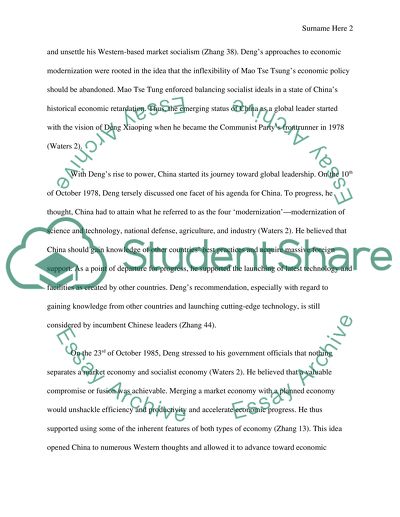Cite this document
(“China and Globalization Essay Example | Topics and Well Written Essays - 2000 words”, n.d.)
China and Globalization Essay Example | Topics and Well Written Essays - 2000 words. Retrieved from https://studentshare.org/english/1632882-china-and-globalization
China and Globalization Essay Example | Topics and Well Written Essays - 2000 words. Retrieved from https://studentshare.org/english/1632882-china-and-globalization
(China and Globalization Essay Example | Topics and Well Written Essays - 2000 Words)
China and Globalization Essay Example | Topics and Well Written Essays - 2000 Words. https://studentshare.org/english/1632882-china-and-globalization.
China and Globalization Essay Example | Topics and Well Written Essays - 2000 Words. https://studentshare.org/english/1632882-china-and-globalization.
“China and Globalization Essay Example | Topics and Well Written Essays - 2000 Words”, n.d. https://studentshare.org/english/1632882-china-and-globalization.


